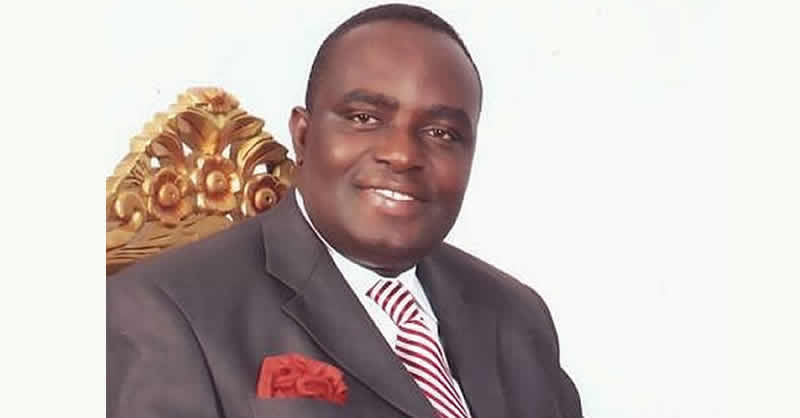The 2025 Unified Tertiary Matriculation Examination (UTME) cycle in Nigeria encountered unforeseen technical disruptions, affecting a significant number of candidates and sparking public discourse. Professor Is-haq Oloyede, the Registrar of the Joint Admissions and Matriculation Board (JAMB), the body responsible for conducting the UTME, addressed the nation regarding the technical glitches, taking full responsibility and outlining the steps JAMB would take to rectify the situation. His public apology and the announcement of rescheduled examinations for affected candidates were met with widespread commendation, particularly from Professor Peter Okebukola, Emeritus Professor and Chair of JAMB’s Equal Opportunity Group (JEOG). Professor Okebukola’s statement, representing the JEOG, expressed profound support for Professor Oloyede, lauding his transparency, courage, and integrity in handling the sensitive issue.
The technical disruptions during the 2025 UTME impacted over 379,000 candidates, a significant portion of the total examinees. These disruptions, as explained by Professor Oloyede in his May 14th press briefing, arose from unforeseen technical issues at various examination centres. Recognizing the gravity of the situation and its potential impact on the affected candidates, JAMB swiftly moved to address the matter. The decision to reschedule the examinations for the impacted candidates demonstrated a commitment to fairness and transparency, reflecting JAMB’s dedication to ensuring that no candidate is unjustly disadvantaged due to circumstances beyond their control. This prompt response aimed to minimize the disruption to students’ academic pursuits and alleviate anxieties surrounding the examination process.
The JEOG emphasized the importance of understanding the context surrounding the technical issues. While acknowledging the significant number of affected candidates, the group stressed that the problems were not indicative of systemic failures within JAMB’s operations but rather represented an isolated instance of human error. This perspective aimed to reassure the public of JAMB’s continued commitment to upholding the highest standards of examination administration and its dedication to continuous improvement in its processes. The JEOG expressed confidence that the challenges encountered during the 2025 UTME cycle would ultimately serve to strengthen public trust in the organization, highlighting JAMB’s proactive approach to addressing the problems and its demonstrated commitment to fairness and equity.
Professor Okebukola, in his statement, underscored the importance of understanding and empathy in navigating the situation. He appealed to the affected candidates and their families to accept JAMB’s apology and explanations in good faith, recognizing the distress and uncertainty caused by the disruptions. The JEOG extended its unwavering support to the affected students, emphasizing their commitment to ensuring a fair and equitable resolution. This message of solidarity aimed to reassure the students that their concerns were heard and that JAMB was committed to ensuring they had a fair opportunity to take the examination.
The JEOG also highlighted JAMB’s ongoing efforts to coordinate with other examination bodies, such as the West African Examinations Council (WAEC), to minimize scheduling conflicts for candidates participating in multiple examinations. This collaboration underscores JAMB’s commitment to providing a smooth and streamlined examination experience for students, recognizing the potential for overlapping examination schedules to create undue pressure and logistical challenges. By proactively coordinating with other examination bodies, JAMB aims to reduce stress for candidates and ensure they have the best possible opportunity to perform well in all their examinations.
Beyond addressing the immediate concerns related to the technical disruptions, the JEOG took the opportunity to reiterate its pride in JAMB’s broader commitment to inclusive education policies. In particular, the group commended Professor Oloyede’s ongoing efforts to improve access to tertiary education for persons with disabilities. This commitment to inclusivity is a cornerstone of JAMB’s mission, ensuring that all individuals, regardless of their background or circumstances, have the opportunity to pursue higher education. By actively promoting accessibility and inclusivity, JAMB strives to create a level playing field for all aspiring students. The JEOG’s statement concluded with a call for continued trust in JAMB and a reaffirmation of the collective resolve to uphold justice and equity in education. The group emphasized that while human systems are fallible, the commitment to fairness and equal opportunity must remain unwavering.


